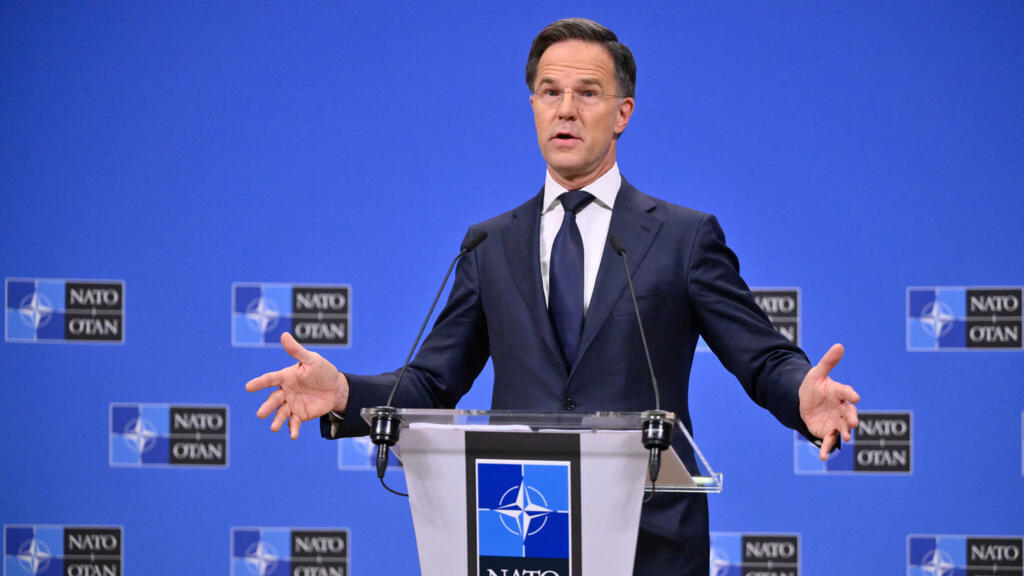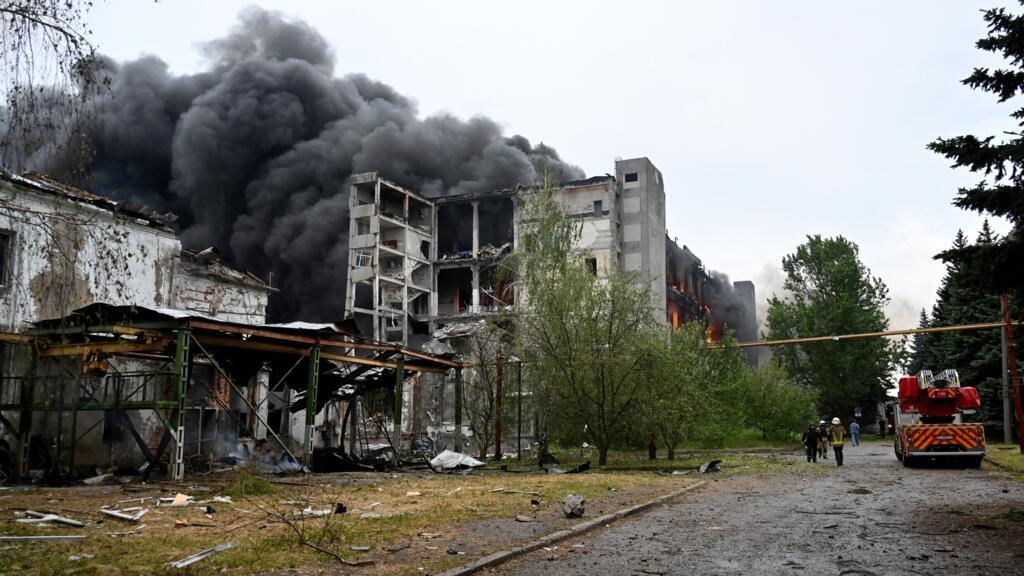NATO Secretary-General Proposes Increased Military Spending Target
On Thursday, NATO's Secretary-General Mark Rutte announced his intention to propose a significant increase in the military spending target for member nations. Rutte's proposal suggests that the alliance raise its overall objective to 5 percent of each country's gross domestic product (GDP). This announcement is expected to be a key point of discussion at the upcoming NATO summit, which will gather leaders from various member states to discuss pressing security issues.
Rutte expressed that there is "broad support" among NATO members for this proposed increase in military expenditure. This sentiment reflects a growing recognition within the alliance about the changing global security landscape and the need for member states to bolster their defense capabilities. The suggestion comes at a time when geopolitical tensions are on the rise, particularly with actions taken by nations such as Russia and China that have raised concerns amongst NATO allies.
The need for increased military funding has been underscored by recent events in Eastern Europe and the challenges presented by militarized rivalries around the globe. Rutte's call for setting a new standard of 5 percent of GDP, significantly higher than the current benchmark of 2 percent, signals a shift in NATO's approach to collective defense. Many member nations have been criticized for not meeting the current spending guideline, and this proposed increase may serve as a wake-up call for those who have lagged in their military commitments.
The NATO summit, where Rutte will officially present his proposal, is anticipated to draw a range of responses from member countries. Some may embrace the idea as a necessary step towards ensuring appropriate military readiness, while others may express hesitation, citing the economic implications such an increase might entail for their national budgets. This divergence in views reflects the different economic capacities and security priorities of NATO members.
Moreover, the proposal to increase military spending to 5 percent of GDP also highlights the ongoing discussions about NATO's role in global security. With rising threats, there is an increasing urgency for NATO to adapt and respond effectively to new challenges. The proposed increase is positioned as a strategic move to ensure that NATO remains a robust and formidable alliance capable of addressing contemporary threats.
As NATO leaders prepare for their next summit, the conversations surrounding military spending are likely to dominate discussions. Rutte's proposal, if embraced, could lead to significant changes in the operational capabilities of the alliance and may foster a stronger, more unified front among NATO members in addressing global security issues. The outcome of these discussions will not only impact military strategies but may also influence the future of international relations and defense pacts.











